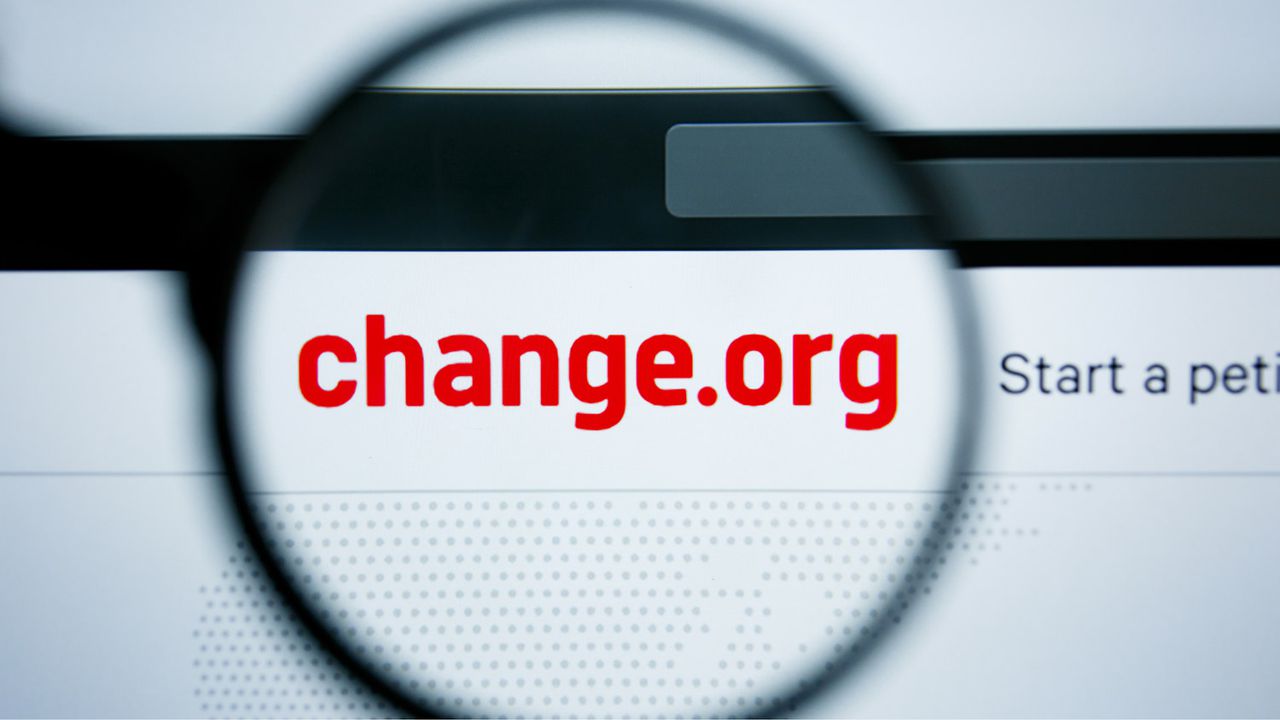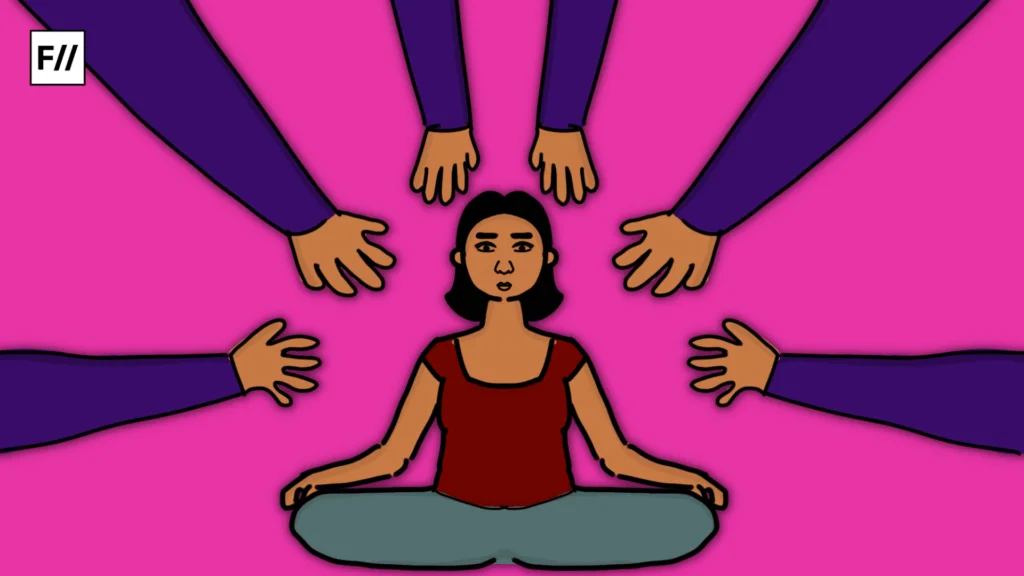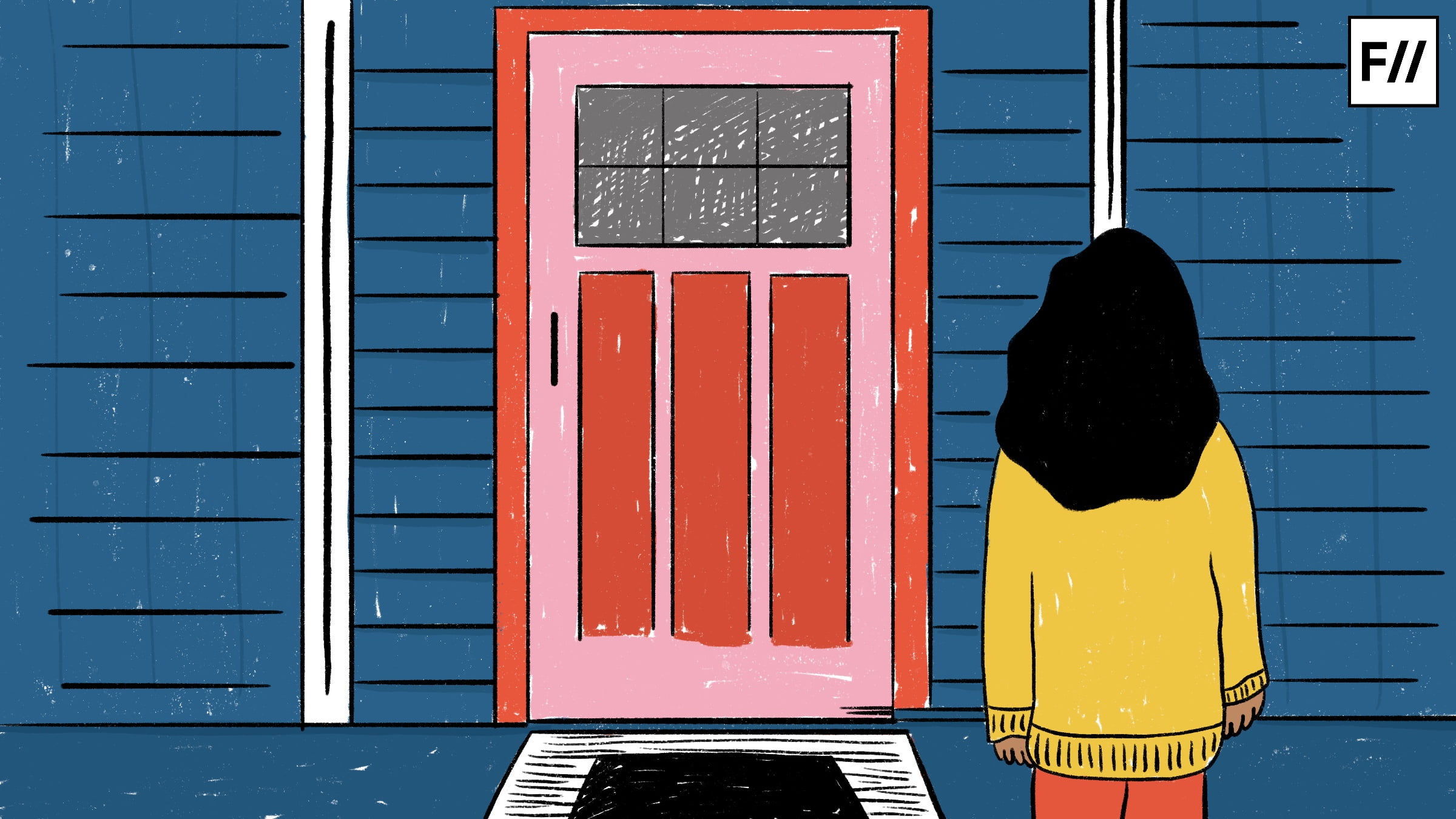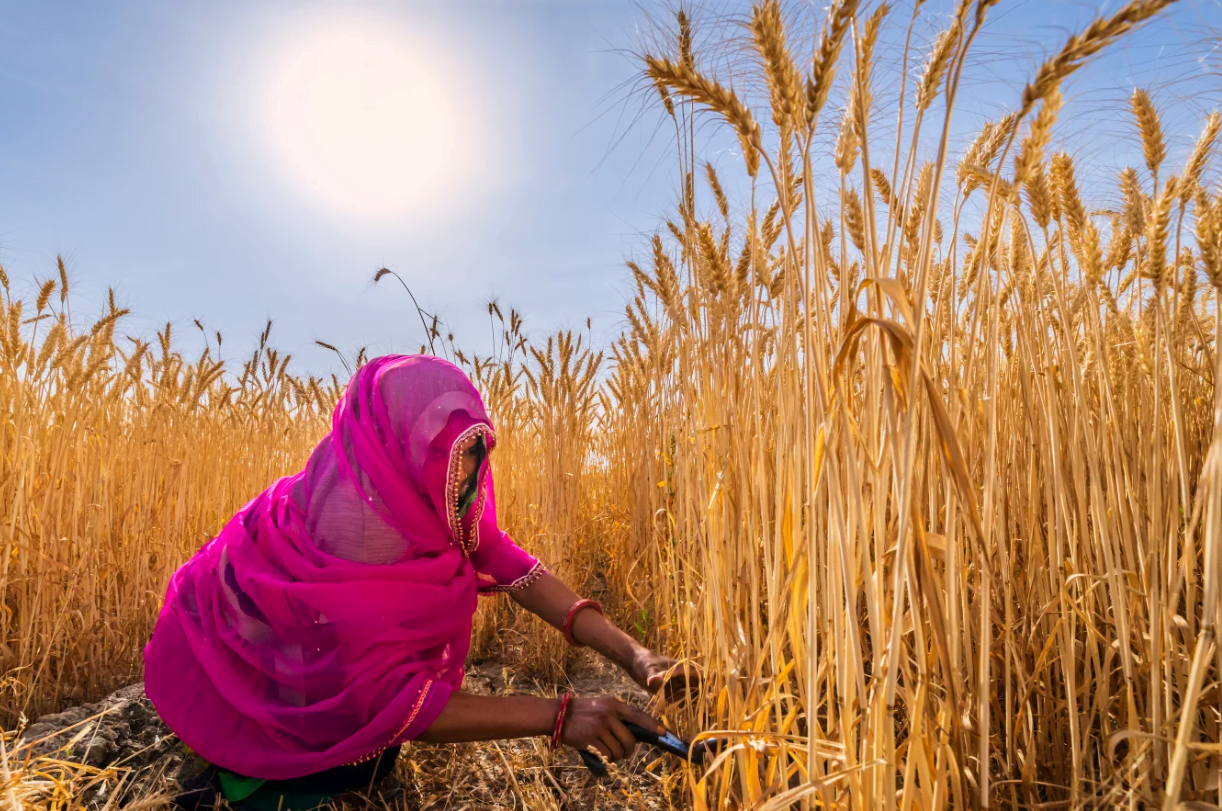Posted By Nida Hasan
Trigger warning: Mentions of acid attack, domestic abuse
“Go home and cook” – if an Indian woman M.P (Member of Parliament) can be dismissed this way by a male politician, it is quite doubtful how women who come from lesser social privilege and access would be treated. Public spaces, particularly those online, are increasingly becoming more hostile and misogynistic.
It is ironic that while Digital India scales new heights every day, the internet is becoming increasingly unsafe for Indian women, especially those who speak their minds fearlessly. It is not too hard to spot the tweets laced with casual misogyny every day, because they are everywhere.
At a time when numerous tech platforms are being misused to make rape threats and even leak photographs of Muslim women without their consent; I feel proud and grateful to head Change.org India, which has consistently worked towards creating a safe space for women. As a Muslim woman in today’s India, I have never felt it more important to have safe digital spaces where women can speak up.

Eight years ago, I embarked on a mission of nurturing this digital platform where citizens could exercise their agency by leveraging media and technology, to highlight social injustices and create real change. It fills me with contentment to say that over the years, Change.org’s biggest wins in India have been led and enabled by women who embody resilience.
I remember Meena Soni, a social activist and an acid attack survivor based in Lucknow. When her husband attacked her with acid, causing 75 percent body burns, she fought hard to survive and give her three children the life she dreamed of. She took up a backend job at a restaurant to make ends meet because nobody wanted to employ an acid attack survivor in a customer-facing role.
A big advocate of the idea that women’s economic empowerment feeds into their social upliftment, she started a Change.org petition to Chaayos, the popular pan-India cafe chain, to employ acid attack survivors in their outlets across the country. A month later, with almost 20,000 supporters, her petition Empowerment With Chai saw impact as Chaayos responded favourably.
Change.org exists for women like Meena, Keerthi, Almas, and every person who does not want to feel powerless in an increasingly unequal world. Since 2014, I have seen Change.org become one of the most influential social change platforms in India because of the people it serves. Over 4 crore individuals have signed campaigns that unite people across the country, changing societal mindsets and bringing positive social impact
Also read: Why Does India Have Such High Numbers Of Acid Attacks

Meena’s campaign reminds me of the extraordinary power of women with a voice, a will, and a platform to enable them. While she focused on the economic upliftment of women who had faced abuse, another changemaker, Dr. Keerthi Bollineni, from Vijaywada, focussed on sensitising the police system to domestic violence survivors.
Keerthi was physically assaulted by her husband for over seven years and was unable to approach the police because of the lack of sensitivity of the system. Determined to ensure that no woman ever experiences the same ordeal, she set up an NGO that collaborated with Vijayawada City Police to launch Mahila Mitra in 2017. Apart from creating a strong support network for survivors, the initiative also included training for police to handle domestic violence complaints with sensitivity. In 2018, when Keerthi wanted to grab the Chief Minister’s attention to scale the project state-wide, she took her fight online by starting her first online petition via Change.org titled No Silence For Violence.
After a year of rigorous campaigning which included media outreach, writing letters to the authorities, gathering support from influencers, and a radio broadcast about her campaign, Keerthi’s petition became a victory when the then Andhra Pradesh Chief Minister N. Chandrababu Naidu agreed to have Mahila Mitra in 600 police stations, spanning 13 districts.
I hope that women in other states take inspiration from Keerthi’s journey, as I have. Campaigns like hers are needed in every state to address the normalisation of gender-based violence. As we all know, the most recent National Family Health Survey (NFHS) revealed that 45 percent of the women respondents felt it was justified for husbands to beat their wives, and 32 percent of married women reported facing physical, sexual, or emotional violence by their spouses.

Like Meena’s and Keerthi’s campaigns, Mumbai-based single mother Almas Virani’s campaign also aimed for an attitudinal change. A life coach and motivational speaker, Almas was worried that ‘Chota Bheem’, a popular children’s cartoon watched by millions of impressionable children, was promoting gender stereotypes.
It hit her while watching her 7-year-old son and his female friend enacting characters from the show. The little girl was restricted to putting blush on her cheeks, clearing a table, and preparing laddoos for her son. Almas decided to change the narrative through her Change.org petition Make Chutki Stronger. After the petition garnered over 9,000 signatures, Chota Bheem’s makers, Green Gold Animation responded favourably to Almas, promising to give Chutki her own show and a new persona.
In the years ahead, we intend to remain a people-powered platform where every voice asking for a meaningful solution is welcomed and amplified. No matter what the cause, being that safe space for all voices, especially the faintest ones, matters to us. I hope many more policymakers and lawmakers engage with citizens who start petitions to them so that they can together make India a better place for all, online as well as offline
Change.org exists for women like Meena, Keerthi, Almas, and every person who does not want to feel powerless in an increasingly unequal world. Since 2014, I have seen Change.org become one of the most influential social change platforms in India because of the people it serves. Over 4 crore individuals have signed campaigns that unite people across the country, changing societal mindsets and bringing positive social impact.
A petition wins every day, because of the best digital tools the platform provides, and our team of people with the brightest minds and the warmest hearts. Having enabled numerous campaigns, I know how humbling it is to become the emotional anchor for changemakers in their long quests for justice.
In the years ahead, we intend to remain a people-powered platform where every voice asking for a meaningful solution is welcomed and amplified. No matter what the cause, being that safe space for all voices, especially the faintest ones, matters to us. I hope many more policymakers and lawmakers engage with citizens who start petitions to them so that they can together make India a better place for all, online as well as offline.
Also read: The Cyber Trolling Of Amber Heard: How Power And Gender Determine Who Must Be Believed
Nida Hasan is the Country Director (India), for Change.org. Before Change.org, Nida worked as a journalist for over 9 years in top media organizations. She covered South Asia and South East Asia for France’s national TV, France 2, and reported on a wide range of issues for CNN-News18. She enjoys a strong cup of tea in the morning and loves reading historical fiction. Nida is on Twitter and LinkedIn
Editor’s Note: This article is part of a collaboration with Change.org
Featured Image Source: Les Echos Start




